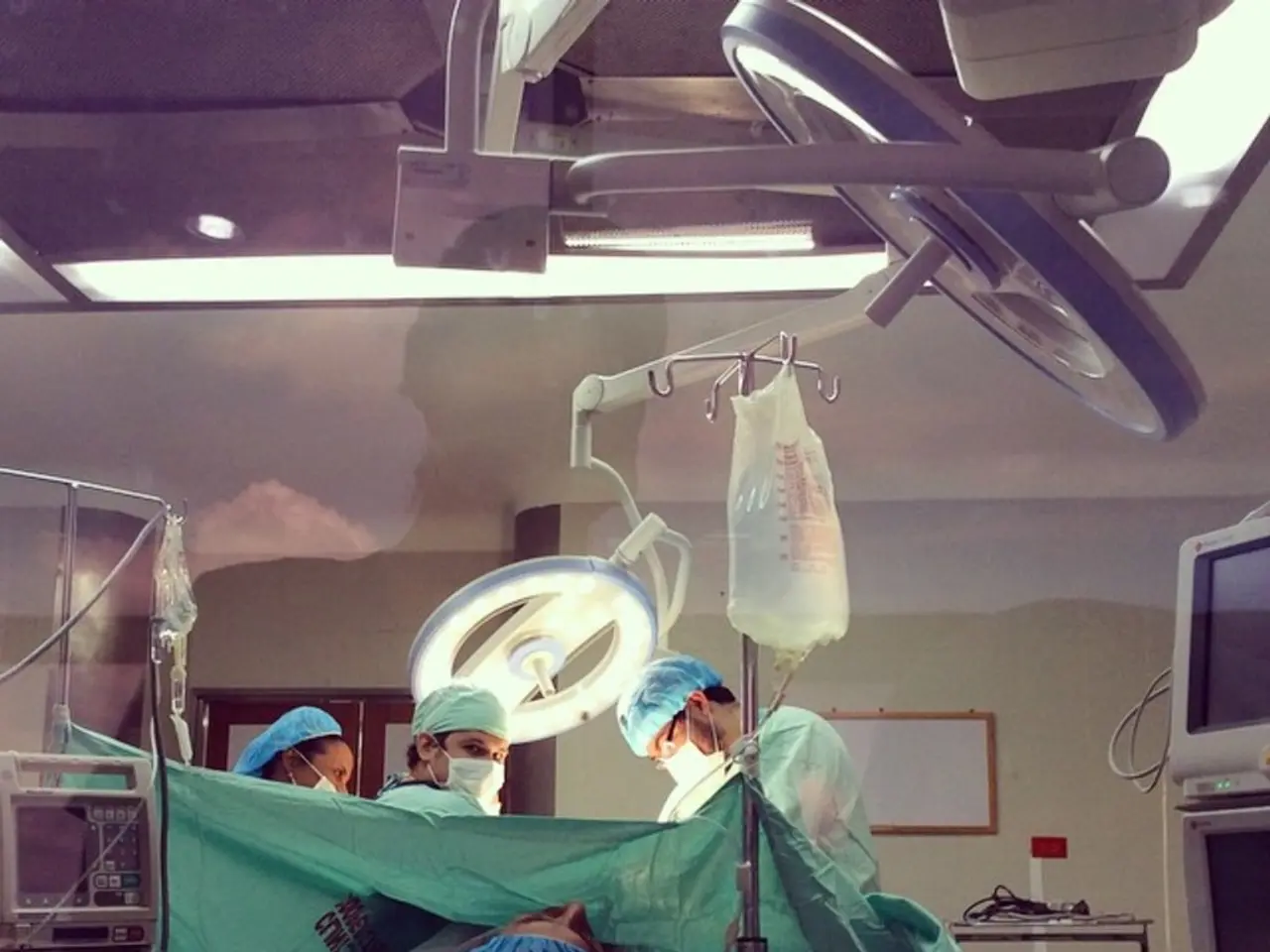Organ Donation: Which Approach - Opt-In or Opt-Out - Yields More Success?
Organ donation policies globally vary, and the age-old question is whether it's better to have a system where individuals must actively opt-in to donate or one where they automatically opt out, with the option to opt-out. To tackle this issue, a team of researchers from the UK analyzed organ donation protocols in 48 countries.
Entities like the US stick with the opt-in system, where folks must register to donate their organs following their demise. In countries with opt-out systems, organ donation happens by default unless a specific request is made to prevent donation.
Prof. Eamonn Ferguson, the study's lead author from the University of Nottingham, UK, acknowledges the drawbacks of these systems:"People may delay making a decision due to numerous reasons, including loss aversion, lethargy, and trusting that policy-makers have made the 'right' decision."
However, inaction in an opt-in system can result in folks who might have wanted to donate not actually doing so (a false negative). On the other hand, inaction in an opt-out system could potentially lead to individuals who don't want to donate becoming donors (a false positive).
The US, with an opt-in system, managed 28,000 transplants last year due to organ donors. Unfortunately, around 18 individuals still die every day due to a shortage of donated organs.
Researchers from the University of Nottingham, University of Stirling, and Northumbria University compared the organ donation systems of 48 countries over a 13-year period. They found that opt-out systems had significantly higher total numbers of kidneys donated, the organ most in demand by those on organ transplant lists. Opt-out systems also had the greater overall number of organ transplants.
Opt-in systems did, however, have a higher rate of kidney donations from living donors. The impact policy had on these donation rates "has not been reported before," says Prof. Ferguson, "and is a subtlety that needs to be highlighted and considered."
While the study provides valuable insights, it's essential to consider that it didn't account for different degrees of opt-out legislation or other factors influencing organ donation.
The authors suggest that their findings could inform decisions on policy, but they could be strengthened by collecting international organ donation information on a regular basis and making it publicly available.
Future studies could also delve into the individual's perspective on opting in or opting out, understanding their beliefs, wishes, and attitudes, using a combination of surveys and experiments.
The study notes that countries using opt-out consent still encounter organ donor shortages. A complete overhaul of the system might not solve the issue. Instead, the authors suggest that tweaking consent legislation or incorporating aspects of the "Spanish Model" could improve donor rates.
Spain leads the world with the highest organ donation rate. Their success is attributed to elements like a transplant coordination network, local and national, and better public information about organ donation.
The ethical debate over farming animal organs for human transplants has been sparked in recent times, raising questions about whether this could be a solution to the organ shortage or merely another problem to tackle through policy changes.
- The researchers' study on organ donation protocols in 48 countries discovered that opt-out systems often result in significantly higher numbers of kidneys donated, the organ most in demand for transplant lists.
- The study suggests that regular collection and public availability of international organ donation information could strengthen findings and help in making informed decisions on policy.
- In the search for potential solutions to organ shortages, the ethical debate over farming animal organs for human transplants has been ignited, questioning if it could be a solution or just another policy challenge.
- Acknowledging the flaws in both opt-in and opt-out systems, the authors propose that adjusting consent legislation or adopting aspects of the "Spanish Model," known for its success in organ donation, could enhance donor rates.




